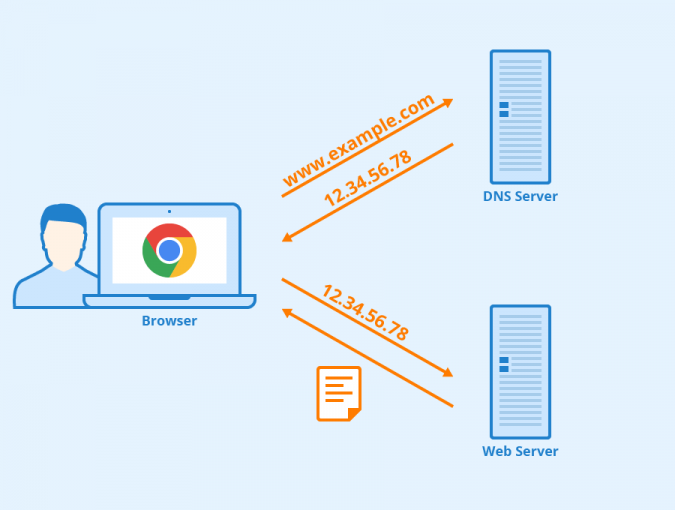Day: 30 November 2020

Key data protection challenges for 2021
Data globalisation after Schrems II Browsing the web. Using apps. Communicating electronically. Shopping online. Working from home. Life as we know it relies on data flowing across geographical borders throughout the world. However, international data transfers have never been more scrutinised. Following the ruling by the Court of Justice of the European Union (CJEU) in […]
Read More
Employee monitoring software: is it legal?
For most law firms time recording constructs and the idea of annual billable hours have always meant that “productivity” could be monitored. Any of the managing partner’s typical calls to action of “you’re not billing enough” or “your time recording is down” can be justified where fee-earners have to account for every minute. Even if […]
Read More
Mutant algorithms: who is to blame?
Most would agree that it has been a year that feels like it was drawn from the storyline of a particularly lurid B-movie. Even by those standards, though, the comment “I am afraid your grades were almost derailed by a mutant algorithm” was one that stood out, painting a picture of Britain’s youth falling victim […]
Read More
ICO concludes Cambridge Analytica investigation
Although the internet was born out of a military research project, many of its original advocates touted its democratic potential to provide a platform for free exchange of ideas and creativity. But there were always voices of warning that the mass connectivity resulting from a global network could lead to something more Orwellian. The creeping […]
Read More
An SEO glossary
Search Engine Optimisation (SEO) is the practice of increasing the quantity and quality of traffic to your website through organic search engine results. This glossary explains all the terms relevant to that practice and more generally to website development. There are many more useful articles on these topics on the Hallam Blog. 301 Redirect – […]
Read More
An internet primer: the Domain Name System
The Domain Name System (DNS) is a hierarchical, decentralised naming system for computers, services and other resources connected to the internet. It translates domain names (like yourfirm.com) to the numerical IP addresses needed for locating and identifying computer services and devices with the underlying network protocols (like 95.232.149.44). The DNS provides a worldwide, distributed directory […]
Read More